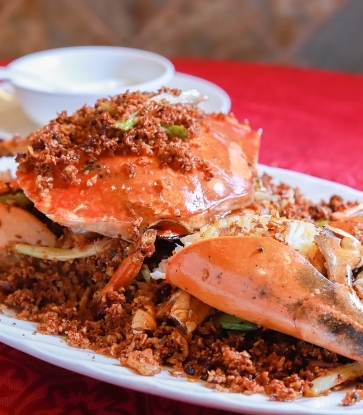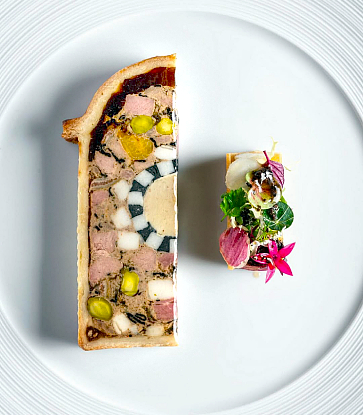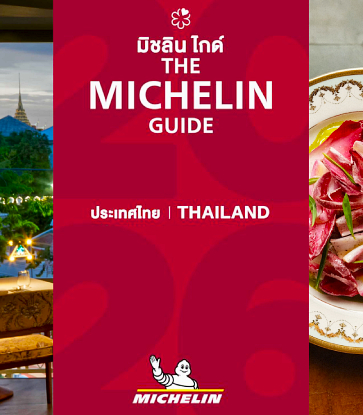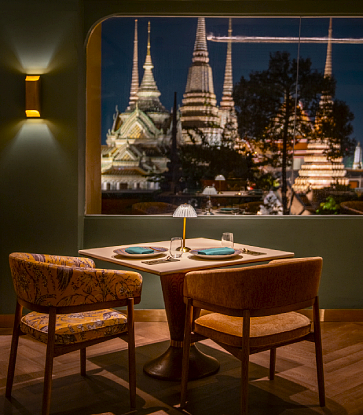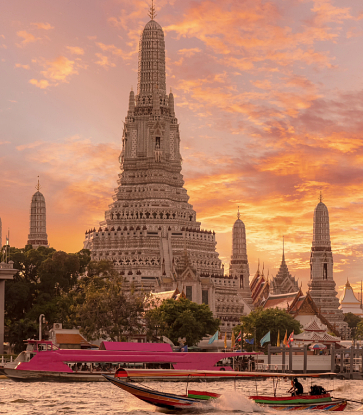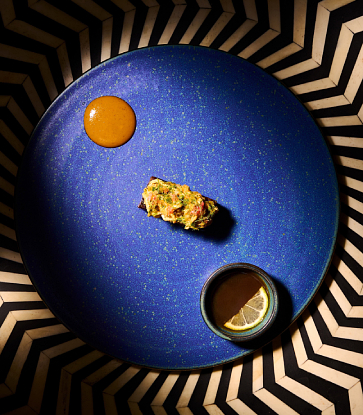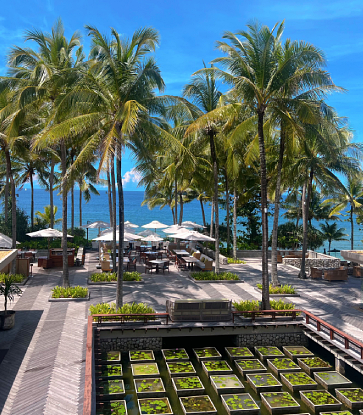Over the past year, there have been countless stories about restaurants struggling to stay afloat, providing for front-line healthcare workers, pivoting to more budget-friendly models in uncertain economic circumstances. But what about a restaurant in a city struggling through a year and counting without tourists, its main industry and lifeblood?
Phuket, possibly Southern Thailand's most visited tourist destination, is reeling along with tourist towns the world over. The island economy relies heavily on the tourist trade, and at 20% of the entire country’s GDP, the travel restrictions and lockdowns have reduced the number of visitors to a shadow of what it was before the pandemic.
Lately, a quick walk down any of Phuket's beaches can be eerie, with hotels, restaurants, bars, and convenience stores shuttered, and those that remain are sitting largely empty. Where streets were once filled with pulsing EDM beats, sunburned tourists, and touts for businesses of every description, there is now only the hum of cicadas.
So how are businesses adapting?

Chef Jimmy Ophorst of the One MICHELIN Starred (and Thailand's first Green Star recipient) PRU, tucked into a jungly hillside of the Trisara Resort on the island's remote northwest coast, has been one such chef who needed to adapt. By sourcing from the restaurant's own farm and sustainable farms and producers throughout Thailand, PRU applies European culinary style and technique for a uniquely ingredient-focused experience. Just a quick glance at the menu reveals descriptions featuring only the ingredients and their local origins.
At first, some may have thought PRU a likely early victim as flights to Phuket slowed to a grinding crawl. After all, it is a high-concept fine-dining restaurant at a luxury resort that is admittedly tough to reach (roughly an hour's taxi ride from Phuket Town). But they persevered.
Like many restaurants, PRU began a take-home programme during the lockdown with its "PRU at Home" baskets. As Ophorst points out, "The most important thing is the relationship I build with farmers, suppliers, and plate designers. They are the number 1 priority. Last year it was mango season, and the restaurant was closed. [The farmer's] whole harvest was gone."

When the lockdown ended and the restaurant reopened its doors, they found that they needed to attract a new customer base. Their previous customer base -- mostly tourists, primarily from Europe -- were completely absent, as international flights were few and far between.
Nevertheless, domestic flights were operating, and middle-class Thais who usually would spend their holidays abroad were now more focussed on domestic vacations. "We're full almost every day," Ophorst says, although he admits that PRU has some advantages. "I think we are very much in a unique position because we have a MICHELIN Star. Some people come to Phuket just to eat here."
Phuket, after all, has been an attractive destination for the domestic market for years. Given the international travel restrictions and a raft of flight and hotel promotions, domestic tourism has been surging. While this does not replace the loss in foreign tourists, it does present a way for hospitality businesses to at least survive.
Ophorst thinks that as many as 95% of their customers now come from Bangkok. To adapt to this new clientele, the restaurant is open four days a week instead of six. This way, he can focus on the weekends when most short-term vacationers are in Phuket.

Ophorst has also noticed a change in customer response. "Thai people really come here to experience something different." He notes that Thai guests are generally more willing to splurge on a great dinner than many of their Western counterparts. Furthermore, the marketing largely handles itself. "They show their friends, by sharing on social media, and we get a lot more guests." Contrast this with a customer base of predominantly international tourists, even those with an enthusiastic and prolific social media presence, who are unlikely to inspire friends and family to fly around the world for a meal.
However, change is on the horizon. Mass vaccinations are underway in Phuket, and the government plans to reopen the province to international tourism in July of this year. There is hope as well as uncertainty. Will the foreign guests return as before, returning PRU to where it was before COVID? Or will international travel trends change because of COVID? Will Thai travellers find other destinations? Or will they continue to visit Phuket?
What is certain, however, are two things. First, the team at PRU will maintain their mission to provide a high-quality, sustainable dining experience, regardless of the circumstances. Second, Phuket will continue to find ways to creatively adapt, and many businesses will survive. Then eventually, familiar sights and sounds will return. Clubs pulsating with 4/4 beats, sun-starved Europeans hitting the beaches, and Northeast Asians seeking that perfect pic in the tropics. And, of course, visitors from all over packing venues in search of good food and good drink.
Hero photo: © Shutterstock





